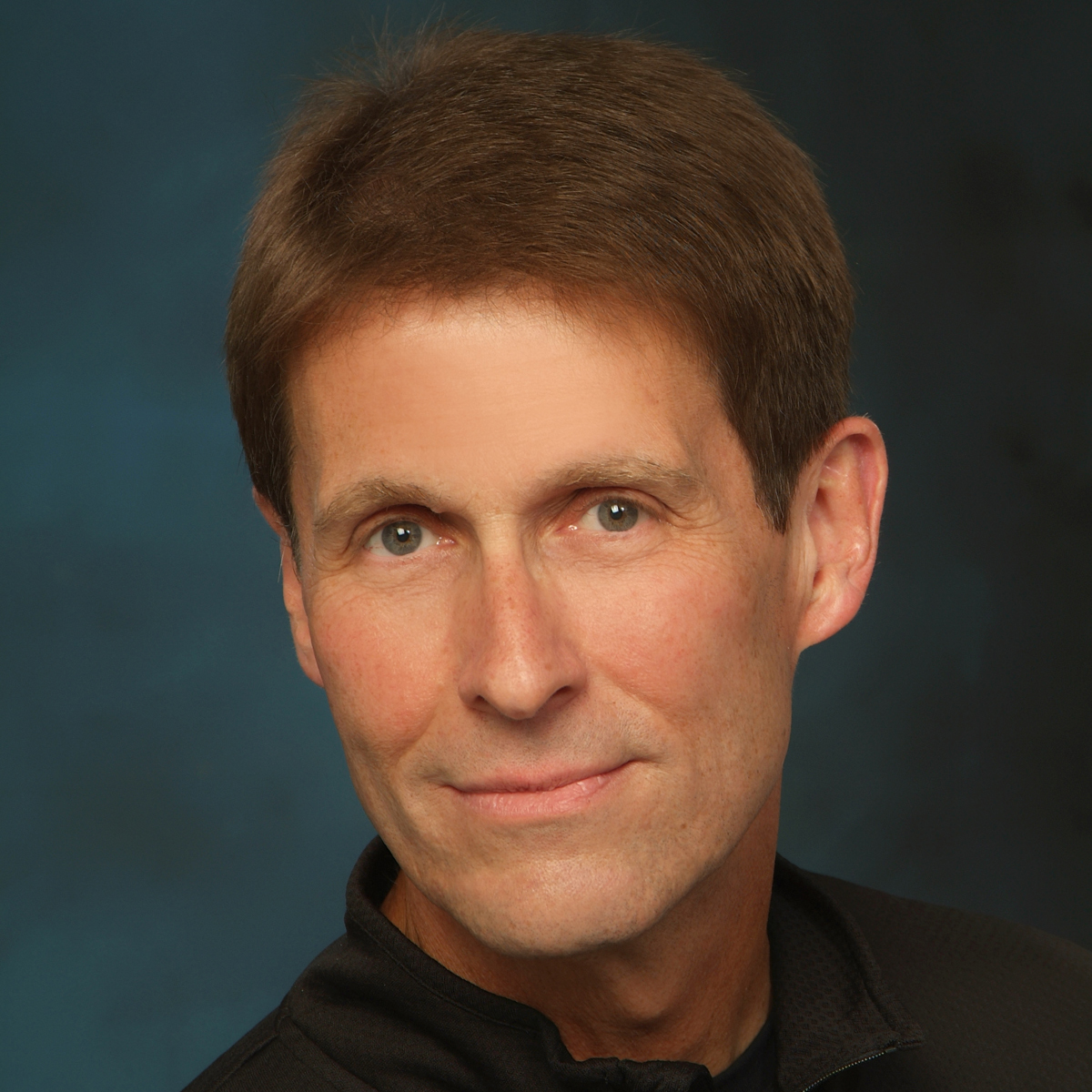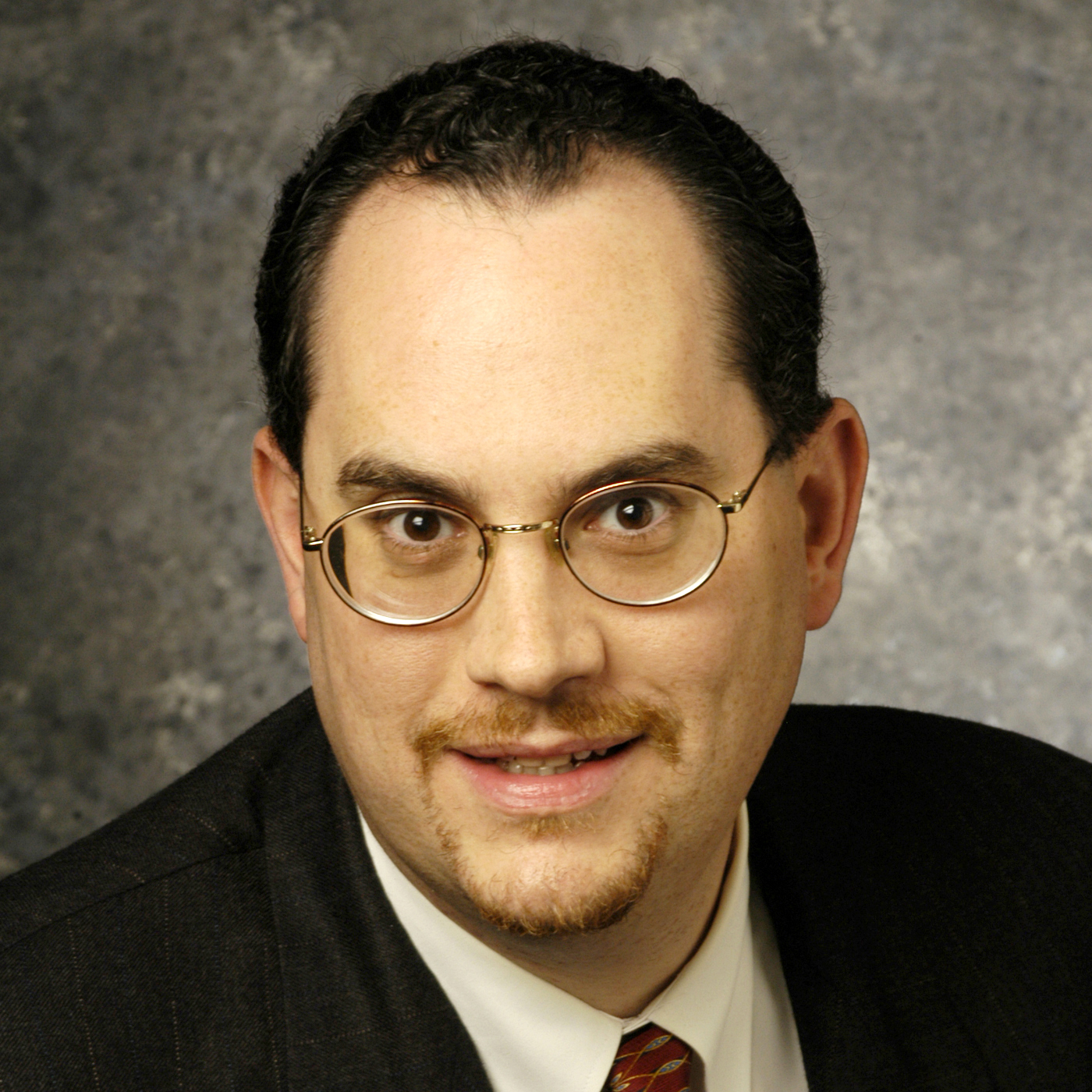The non-apology that won the media cycle
SMU experts are available for interview on all things related to the current state of the presidential race.
DALLAS (SMU) – SMU experts are available for interview on all things related to the current state of the presidential race. A full list of available faculty and their areas of expertise is available here.
THAT WASN’T AN APOLOGY, BUT IT WAS BRILLIANT ANYWAY

jwpotter@mail.smu.edu
Potter, an expert on effective apologies, called Trump’s statement of regret a savvy move, but suggests its target audience isn’t who you might expect.
“Trump’s statement was incredibly well done in that it accomplished what a politician wants, and that’s to be talked about,” Potter says. “What he did last night is not an apology, but people so want to hear an apology from him and it was structured in such a way that they read what they wanted to hear and not what he said.”
“That’s why the Wall Street Journal, the Democrats and CNN are saying he apologized,” Potter continues. “His best coverage has been with CNN, who desperately wants to be able to characterize this as a legitimate expression of regret, and it’s frankly not. He played the groups perfectly – 100 percent.”
Potter pointed to the vague structure of Trump’s statement as having been effectively crafted to create the desired effect with the media. Potter says the groups Trump actually has offended, though, won’t likely feel their frustrations alleviated in the least. He also suggested the apology reads far differently from how it feels when viewed on TV.
“If we were at Starbucks having coffee and read Trump’s words, we’d say, ‘He doesn’t want to hurt people personally? That sounds pretty sincere,’” Potter says. “But when you listen to him on video, oh my, it’s a completely different feeling. He’s sort of apologizing to himself, not us. A key principal in an apology is when I apologize to you, it should be what you need to hear, not what I think I need to say. Trump said what the media needed to hear, not what groups he’s offended needed to hear.”
Potter is a clinical assistant professor and expert in dispute resolution on the faculty of SMU’s dispute resolution graduate program at SMU-in-Plano. He can discuss:
- what makes an apology effective
- how to form an apology with multiple audiences
- apologies in politics
CUTTING TIES INSULATES TRUMP, BUT MORE IS NEEDED

jmwilson@smu.edu
Friday’s announcement that Trump had accepted the resignation of former campaign chair Paul Manafort was a wise move, says Wilson, but more action than that will be needed to turn the election around.
“Bringing Manafort on board has not seemed to fix any of the Trump campaign’s problems. It’s bad optics for a campaign that emphasizes themes of patriotism, nationalism and American pride to have a guy so deeply involved in Russian and Russian-allied dictators in such a prominent role,” Wilson says “Cutting ties now, from Trump’s standpoint, should make the story go away, but Trump has many other things to worry about.”
Wilson points out that Trump made a smart follow-up move by travelling to the flooded regions of Louisiana, which could indicate his new advisors are getting their unruly candidate pointed in the right direction.
“The fact that Trump perceives this is a major disaster and that people down there could use some support and attention – that speaks well for him and that’s a real contrast from Obama vacationing on Martha’s Vineyard,” Wilson say. “If his new team advised him to do that … It shows him being thoughtful, empathetic, presidential.”
Wilson is an SMU associate professor of Political Science. He can discuss:
- religion and politics
- political psychology
- voting behavior of religious voters
- public opinion and politics
###